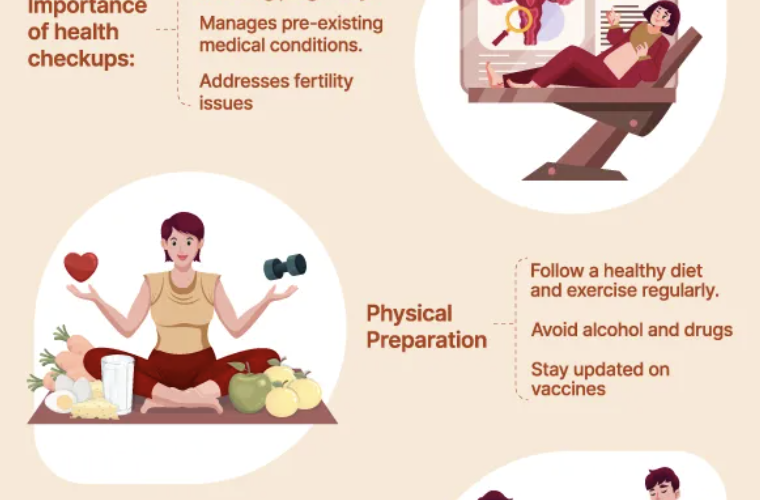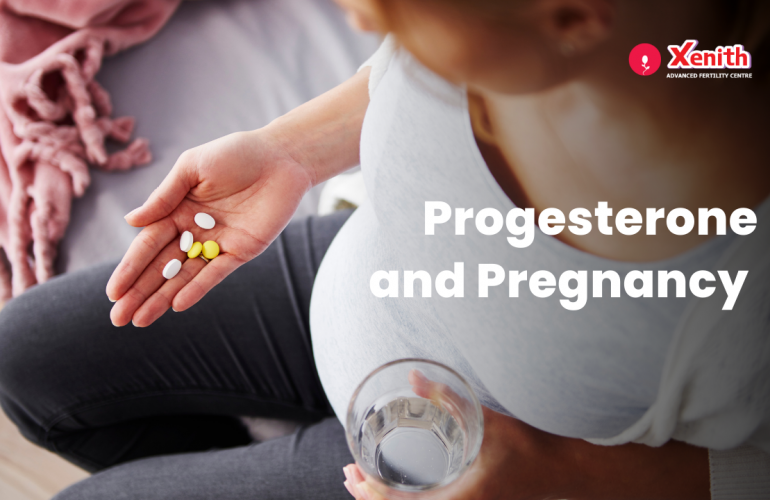Nowadays, more and more women are choosing to delay having children due to late marriages or career opportunities, or various other reasons. However, fertility declines with age and it is important to make informed choices in order to have children at the appropriate time. Thanks to modern science and technology, fertility treatment makes it possible for most women who are having trouble getting pregnant, to succeed and enjoy motherhood.
What is AMH and what does it have to do with fertility

Free Thursday Consultation
Book Your AppointmentAnti-Müllerian Hormone (AMH) is a hormone that is secreted by the granulosa cells in the ovarian follicles and its levels can be determined by a simple blood test which is less expensive and takes less time. The blood test can be done at any time of the woman’s cycle.
Why take the AMH test?
One of the main advantages of this test is that it can determine when a women’s fertility may start to decline. The AMH test can give women the option of making an informed decision about when to get pregnant.
Couples are able to plan parenthood. If the results of the AMH test are good, couples can consider postponing their decision to start a family if that is what they desire. This could be for medical reasons or other career decisions that may impact the decision of starting a family. If the AMH results are not so good, couples can consider trying to get pregnant sooner rather than later.
The AMH test also gives couples the option of freezing eggs or embryos if ovarian reserves are low and they prefer to wait to start a family.
What the results of an AMH test show
AMH test (popularly known as the Ovarian Reserve Test) is used as a marker for the quantity of eggs but not quality. AMH levels usually peak in women aged 20-25 years and tend to gradually decline until menopause is reached.
Á higher AMH level means that there is a higher ovarian reserve or egg count and it thus gives an idea of how many eggs are present in the ovary at a certain time. An exception to this rule is women with many small follicles, like those with polycystic ovaries (PCOS), who tend to have high AMH hormone values.
Lower levels of AMH values generally indicate a woman with diminished ovarian reserve.
However, it must be noted that a good AMH level does not always ensure higher fertility. Even though high AMH levels may indicate good fertility rate, it does not reflect the quality of the eggs produced which can diminish with age and other factors. Alternately low AMH levels do not mean that a woman cannot get pregnant naturally because it takes only one good egg along with sperm to get pregnant.
Poor ovarian reserves – one of the leading causes of infertility in Indian women
A study in the Journal of Human Reproductive Sciences found that there is a more rapid decrease in AMH levels with age in Indian women compared to their Caucasian counterparts. It is not clear why this trend is prevalent in Indian women – it could be due to a number of factors such as diet, genetics, or pollution.1
Another study conducted by a diagnostics centre in Mumbai found that 1 out of 2 women visiting infertility centers had low AMH values. Over 29,500 samples from women aged between 20 and 55 years were analyzed. Low or extremely low levels of AMH were found in:2
- Over 54% of the women aged 30 to 35
- Over 38% of the women aged 26 to 30
For this reason alone, it is important that women become aware of their ovarian reserves and get themselves tested. For more information, please watch Dr. Mamta Dighe’s video on this subject here.
Low AMH levels? What next?
Having low AMH levels might explain why it might be more difficult to get pregnant, but it doesn’t mean that you cannot get pregnant naturally because it only takes one healthy egg to combine with a sperm and form an embryo in order to become pregnant. Schedule a consultation with us at Xenith Advanced Fertility Clinic. There’s a fertility specialist near you at either Wakad or Koregaon Park in Pune. Despite low AMH levels, women have a higher chance of starting a family than they did even a decade ago. Reach out, let’s talk about it!




